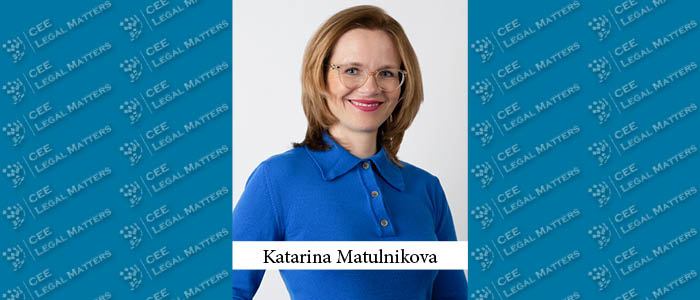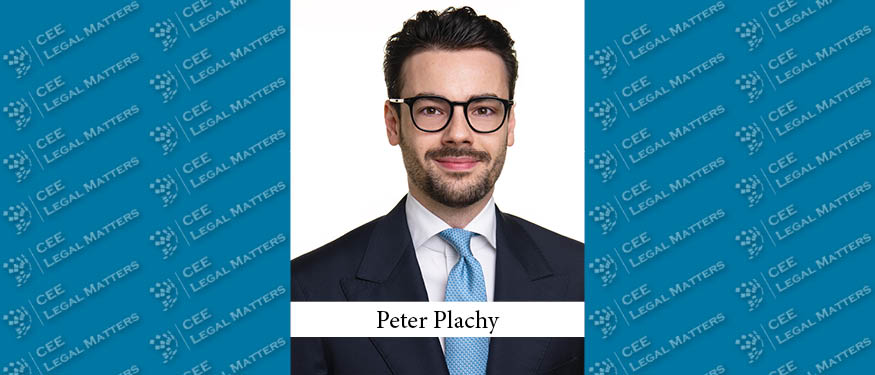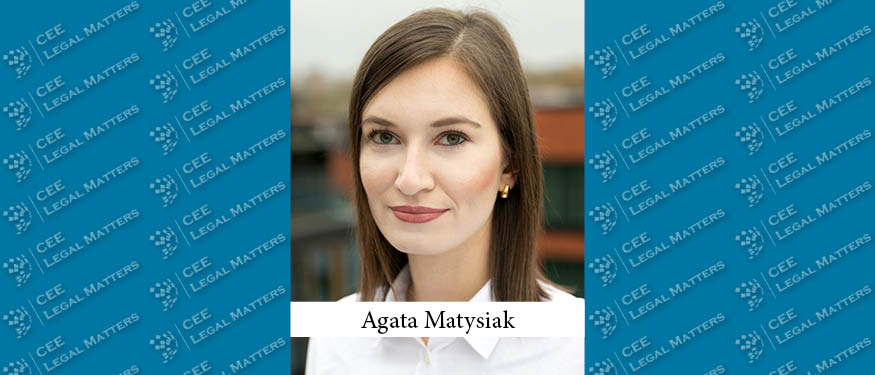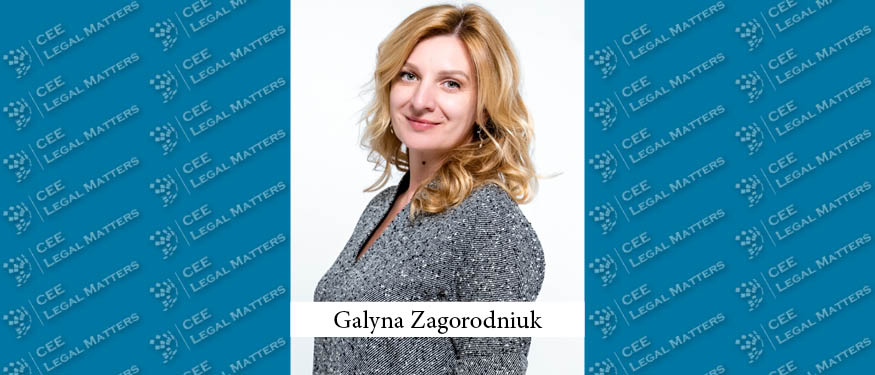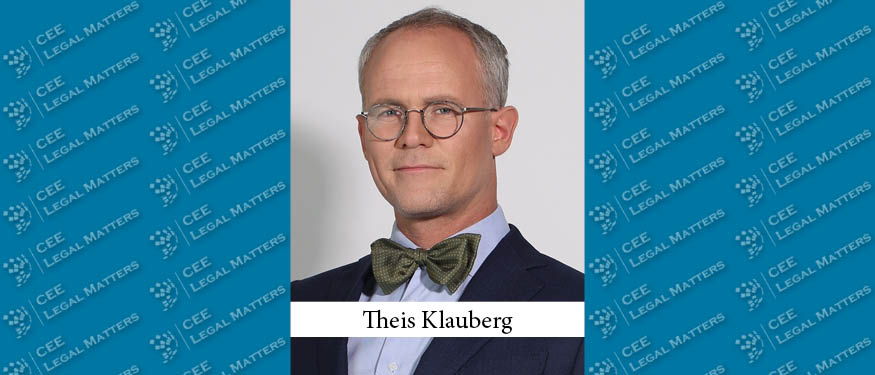The upcoming parliamentary elections at the end of September are the talk of the town in Slovakia, with a slew of interesting legislative changes – including those covering whistleblowing, corporate restructurings, and construction – coming in before the buzzer, according to Wolf Theiss Managing Partner Katarina Matulnikova.
“The expectations for the upcoming parliamentary elections are high and the political discourse is dominated by opinion polls, proposed party candidates, and potential coalition talks,” Matulnikova begins. Campaigning is in full swing, and there is great anticipation for the formation of a new government. However, the “recent announcement by President Zuzana Caputova that she will not be a candidate in the upcoming presidential elections next year has been met with disappointment,” she adds.
Matulnikova reports there has been a “legislative race leading up to the elections in Slovakia. Currently, one of the most debated issues is the amendment to the whistleblowing regulation – Slovakia has been a pioneer in this area, having dedicated regulation in place since 2015,” she says. “The proposed changes include widening the definition of the term whistleblower, the group of individuals granted protection against retaliation, and the group of employers mandated to introduce a reporting system.” She also explains that the new regulation “expands the illegal activity or transactions covered, modifies the competencies of employers with 250+ employees during investigation by preventing them from outsourcing report investigations, and increasing the penalties for failure to comply with the new regulation significantly.”
And there are further interesting legislative developments garnering attention in Slovakia, Matulnikova adds. “One such topic is the upcoming change to the Construction Act becoming effective in April next year and the changes to the related regulation. This has sparked intense debates, discussions, and votes, with recent clashes centering around environmental impact assessments within the process of getting building permits,” she explains. Also, Slovakia adopted the long-awaited new regulation on the transformation of corporate entities, she notes. “The new legislation will provide more instruments for cross-border and domestic restructurings, including spin-offs.”
Notably, a recent judicial reform brings changes to the country's court structure, Matulnikova says. “The primary objective of this reform is to allow for greater specialization among judges. It entails altering the number of district courts” she explains. “Moreover, new municipal courts have been established in Bratislava and Kosice. The reform also aims to allocate specific agendas to particular courts and enhance the expertise and efficiency within the judicial system,” she says, adding that the changes have caused many hearings to be postponed, but “things are expected to pick up speed by autumn.”
Moving on to market movements, Matulnikova says the high inflation rate remains a significant economic concern, despite gradually decreasing. “Currently, it stands at approximately 11%, down from nearly 13% in previous months. The high inflation rate has put pressure on employers. However, rising energy and utility prices have intensified counter-pressure, resulting in economic debates permeating collective bargaining processes throughout Slovakia's industry sectors,” she explains.
Finally, Matulnikova notes that the topic of AI is important across various industries in Slovakia, particularly in the IT sector. “Bratislava and Kosice have a strong presence of established IT companies and a history of technological innovation. As a result, the market is actively seeking ways to adapt to the rise of AI,” she says. “Draft AI regulation introduced by the EU this spring and its impact on the use of AI is very prominent in debates among the lawyers in the country.”

